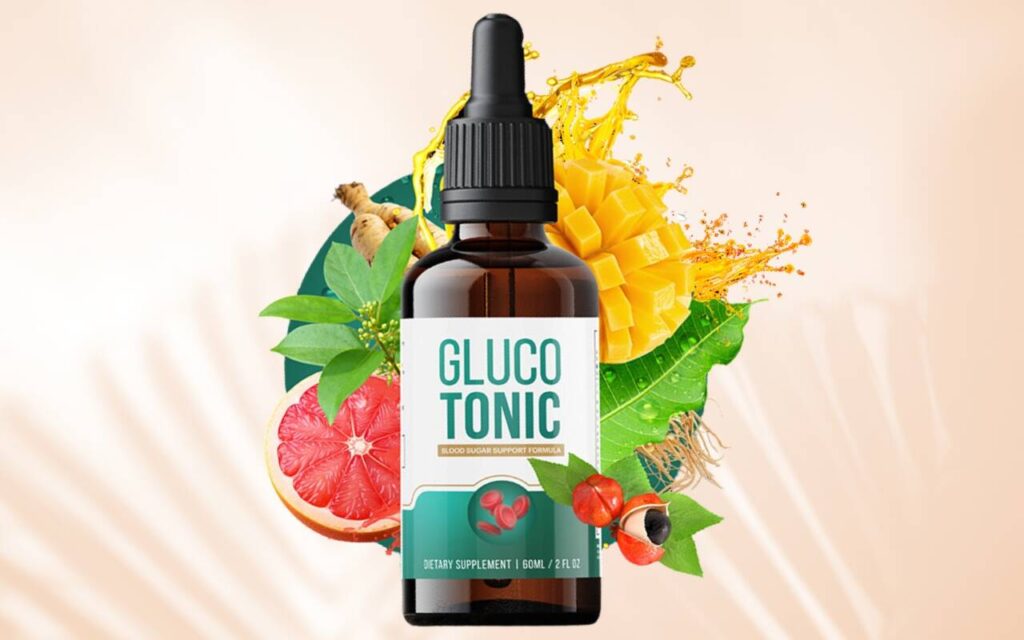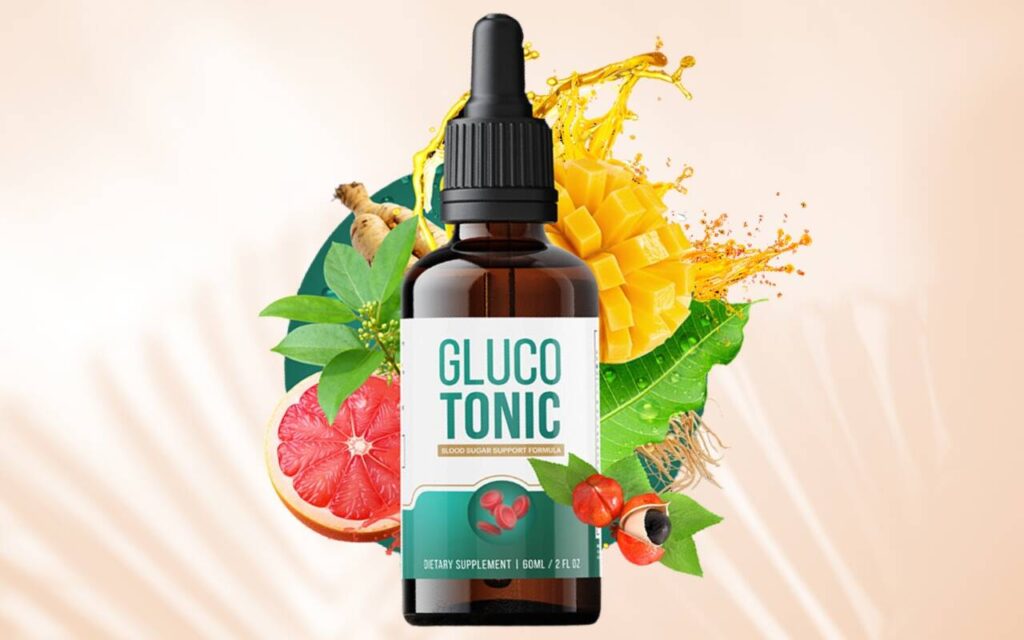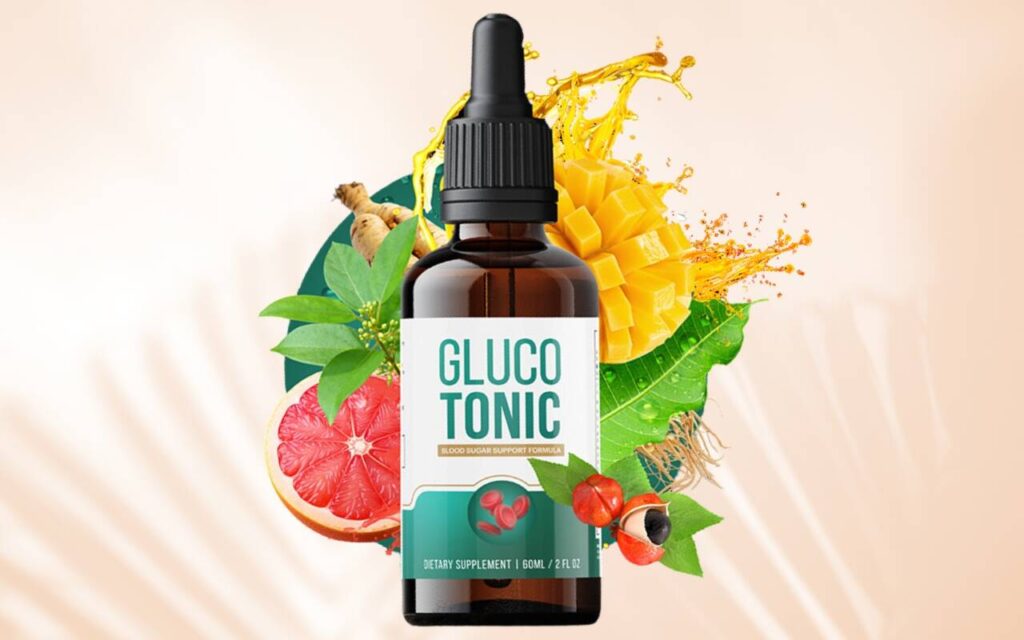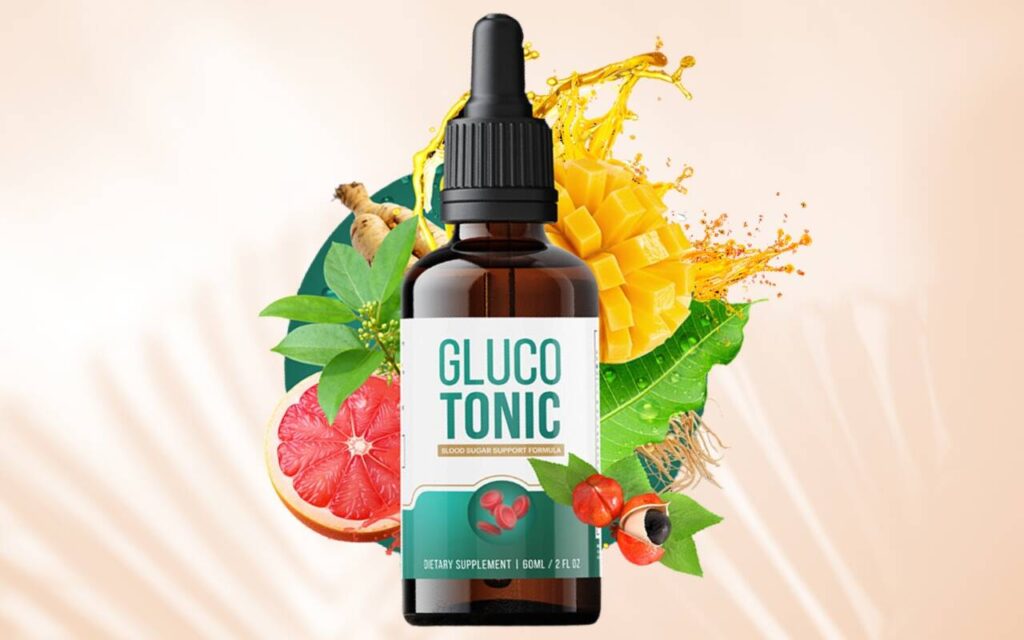Supplements to Lower Blood Sugar Naturally in Adults
Managing blood sugar levels is a critical aspect of maintaining overall health, especially for adults at risk of or already dealing with conditions like diabetes or insulin resistance. While lifestyle changes such as diet and exercise play a pivotal role, certain supplements to lower blood sugar naturally can provide additional support. This article explores evidence-based supplements that may help regulate glucose levels, their mechanisms of action, and considerations for safe use.
Understanding Blood Sugar Regulation
Before diving into supplements, it’s essential to understand how blood sugar works. Blood glucose is the primary energy source for cells, regulated by insulin, a hormone produced by the pancreas. When insulin function is impaired—due to factors like poor diet, obesity, or genetics—blood sugar levels can rise, leading to hyperglycemia. Over time, this can contribute to diabetes and other metabolic disorders.
Natural supplements can support glucose metabolism by:
- Enhancing insulin sensitivity
- Slowing carbohydrate absorption
- Supporting pancreatic function
- Reducing inflammation linked to insulin resistance
Top Supplements to Lower Blood Sugar Naturally
1. Berberine
How It Works:
Berberine, a compound found in plants like goldenseal and barberry, has been extensively studied for its glucose-lowering effects. It activates an enzyme called AMP-activated protein kinase (AMPK), which improves insulin sensitivity and helps cells uptake glucose more efficiently.
Evidence:
A meta-analysis published in Diabetes & Metabolism found that berberine supplementation significantly reduced fasting blood glucose and HbA1c levels, comparable to some pharmaceutical treatments.
Dosage: Typically 500 mg, 2–3 times daily with meals.
2. Cinnamon
How It Works:
Cinnamon, particularly Ceylon cinnamon, contains bioactive compounds that mimic insulin and may slow the breakdown of carbohydrates in the gut.
Evidence:
A study in Diabetes Care reported that cinnamon intake (1–6 grams daily) lowered fasting blood sugar by 18–29% in adults with type 2 diabetes.
Dosage: 1–2 teaspoons of powdered cinnamon daily or 500 mg in capsule form.
3. Alpha-Lipoic Acid (ALA)
How It Works:
ALA is a potent antioxidant that reduces oxidative stress, a key contributor to insulin resistance. It also enhances glucose uptake in muscles.
Evidence:
Research in Diabetes & Metabolism showed that ALA supplementation improved insulin sensitivity and reduced neuropathy symptoms in diabetic patients.
Dosage: 300–600 mg daily, preferably in divided doses.
4. Chromium
How It Works:
Chromium is a trace mineral that enhances insulin’s action by improving glucose transporter function.
Evidence:
A review in Nutrition Reviews found chromium picolinate supplementation reduced fasting glucose and HbA1c in individuals with insulin resistance.
Dosage: 200–1,000 mcg daily (consult a healthcare provider for higher doses).
5. Magnesium
How It Works:
Magnesium plays a role in over 300 enzymatic reactions, including those involved in glucose metabolism. Deficiency is linked to insulin resistance.
Evidence:
A study in Diabetes Care found that higher magnesium intake was associated with a 15% lower risk of type 2 diabetes.
Dosage: 200–400 mg daily, depending on dietary intake.
6. Fenugreek
How It Works:
Fenugreek seeds contain soluble fiber and compounds like trigonelline, which slow carbohydrate digestion and improve insulin sensitivity.
Evidence:
A trial in Nutrition Research reported that fenugreek supplementation (10 grams daily) significantly reduced fasting blood sugar in type 2 diabetics.
Dosage: 5–10 grams of powdered seeds or 500–1,000 mg in capsule form.
7. Gymnema Sylvestre
How It Works:
Known as the "sugar destroyer," Gymnema Sylvestre may reduce sugar absorption in the intestines and support pancreatic beta-cell regeneration.
Evidence:
Research in Journal of Clinical Biochemistry and Nutrition showed that gymnema extract lowered fasting and post-meal blood sugar levels.
Dosage: 200–400 mg daily of standardized extract.
8. Omega-3 Fatty Acids
How It Works:
Omega-3s (EPA and DHA) reduce inflammation linked to insulin resistance and may improve lipid profiles in diabetics.
Evidence:
A study in Diabetes Care found that omega-3 supplementation improved insulin sensitivity in overweight individuals.
Dosage: 1,000–3,000 mg daily of combined EPA/DHA.
Combining Supplements for Optimal Results
While individual supplements show promise, combining them may yield synergistic effects. For example:
- Berberine + Cinnamon: Enhances insulin sensitivity and slows glucose absorption.
- Magnesium + Chromium: Supports enzymatic pathways and insulin function.
However, always consult a healthcare provider before stacking supplements, especially if taking medications like metformin or insulin.
Safety and Considerations
- Quality Matters: Choose third-party tested supplements (e.g., USP, NSF) to ensure purity and potency.
- Medication Interactions: Some supplements (e.g., berberine) may interact with drugs, leading to hypoglycemia.
- Lifestyle Synergy: Supplements work best alongside a balanced diet, regular exercise, and stress management.
Conclusion
Incorporating supplements to lower blood sugar naturally can be a valuable strategy for adults aiming to improve metabolic health. From berberine’s insulin-enhancing effects to cinnamon’s carbohydrate-modulating properties, these natural options offer science-backed benefits. However, they are not a substitute for medical treatment. Always work with a healthcare professional to tailor a regimen that suits your individual needs.
By making informed choices and prioritizing holistic health, managing blood sugar levels can become a more achievable and sustainable goal.
Frequently Asked Questions
FAQ: Supplements to Lower Blood Sugar Naturally in Adults
1. What are the best natural supplements to lower blood sugar?
Some effective supplements include cinnamon, berberine, alpha-lipoic acid, and chromium. These have been shown to help improve insulin sensitivity and regulate blood sugar levels.
2. How long does it take for these supplements to work?
Results vary, but many people notice improvements within 4–12 weeks of consistent use. Always pair supplements with a healthy diet and lifestyle for best results.
3. Are there any side effects of taking blood sugar-lowering supplements?
Some supplements, like berberine, may cause digestive discomfort. Always consult a healthcare provider before starting any new supplement, especially if you’re on medication.
4. Can supplements replace diabetes medication?
No, supplements should not replace prescribed medication without medical supervision. They can support blood sugar management but are not a standalone treatment for diabetes.





